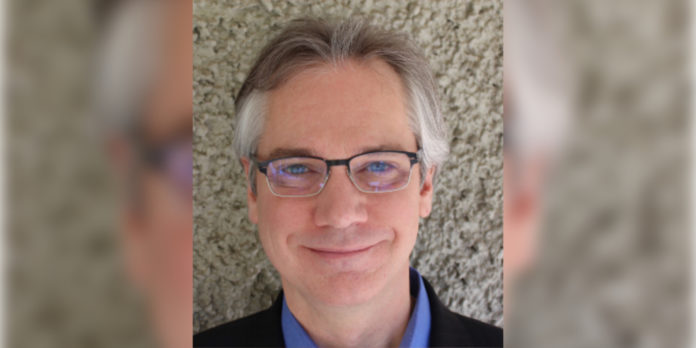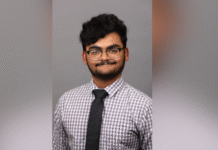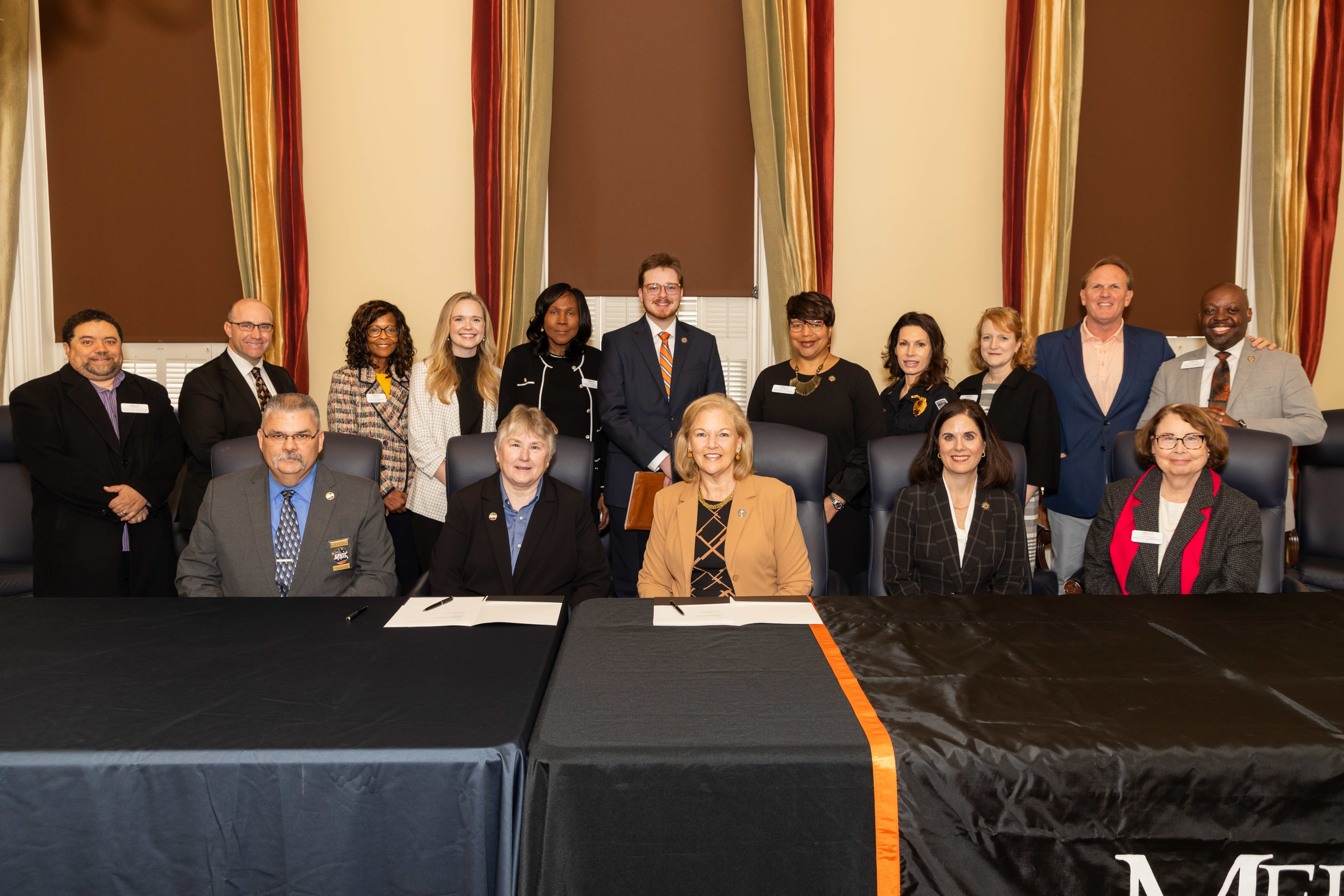
A Mercer University alumnus, newly appointed to the Biden administration, is charged with overseeing U.S. international energy cooperation, with a focus on reducing greenhouse gas emissions and growing American jobs.
As acting assistant secretary of energy for international affairs, Dr. Andrew Light, who earned his undergraduate degree from the College of Liberal Arts and Sciences in 1989, runs the Office of International Affairs for the U.S. Department of Energy. This includes working with more than two dozen countries and various other organizations and partnerships on international energy policy.
“Now that as a world we’re getting very serious about responding to climate change, it’s creating an enormous opportunity to achieve a global energy transition,” Dr. Light said.
President Joe Biden has set a goal of achieving net zero carbon emissions by 2050.
While the United States must create better energy systems at home, it’s only responsible for about 15% of global emissions, Dr. Light said.
“If we’re really going to hit the kind of reduction in greenhouse gas emissions you need to deal with the problem of climate change, you’ve got to seriously cooperate with the rest of the world,” he said.
Dr. Light’s interest in the environment developed when he was just a boy growing up in small towns in Georgia.
“While growing up, I was intensely attached to the environment and to the non-human natural world,” he said. “I spent hours and hours and hours playing in … little streams and rivers and bits of forests that, to me, as a little kid, were gigantic.”
But it wasn’t until he was at Mercer, where he majored in philosophy, history and political science, that he realized he could turn his interest in the environment into his life’s work.
“Mercer offered an intellectual community that was intensely focused on how what we were learning could potentially do some kind of good in the world, and that always stayed with me,” he said.
By the end of his undergraduate career, he started to connect that vision of changing the world with the environment.
“I started to see that was the thing that I was the most passionate about — and not just the environment for environment’s sake — but the way a clean and healthy environment could improve people’s lives,” Dr. Light said.
In graduate school at the University of California, Riverside, where he earned master’s and Ph.D. degrees in philosophy, he learned about environmental justice. He went on to a three-year postdoctoral fellowship in environmental risk assessment at the University of Alberta and began an academic career.
He realized that his training in philosophy could be used in public policy.
“What you learn how to do in philosophy is to understand what makes for a good reason for some conclusion and then build on that and try to figure out ways in which you can actually build up systems of decision making that are more accurate, more robust, more rigorous, and fundamentally can get you better outcomes,” he said.
In 2008, he moved to Washington, D.C. While on the faculty at George Mason University, where he is on temporary leave, he began to volunteer at think tanks and create a reputation for himself as a climate and policy expert.
He got a job in the second half of the Obama administration as senior adviser and India counselor to the Department of State’s U.S. Special Envoy on Climate Change, which led negotiations on the Paris Agreement, an international treaty on climate change. He also was a staff climate adviser in the secretary of state’s Office of Policy Planning.
On Jan. 20, he joined the Biden administration.
“I was extremely happy and also surprised that about a week after the (presidential) election, I was asked to interview for the job I have now,” he said. “It’s an opportunity of a lifetime.”









